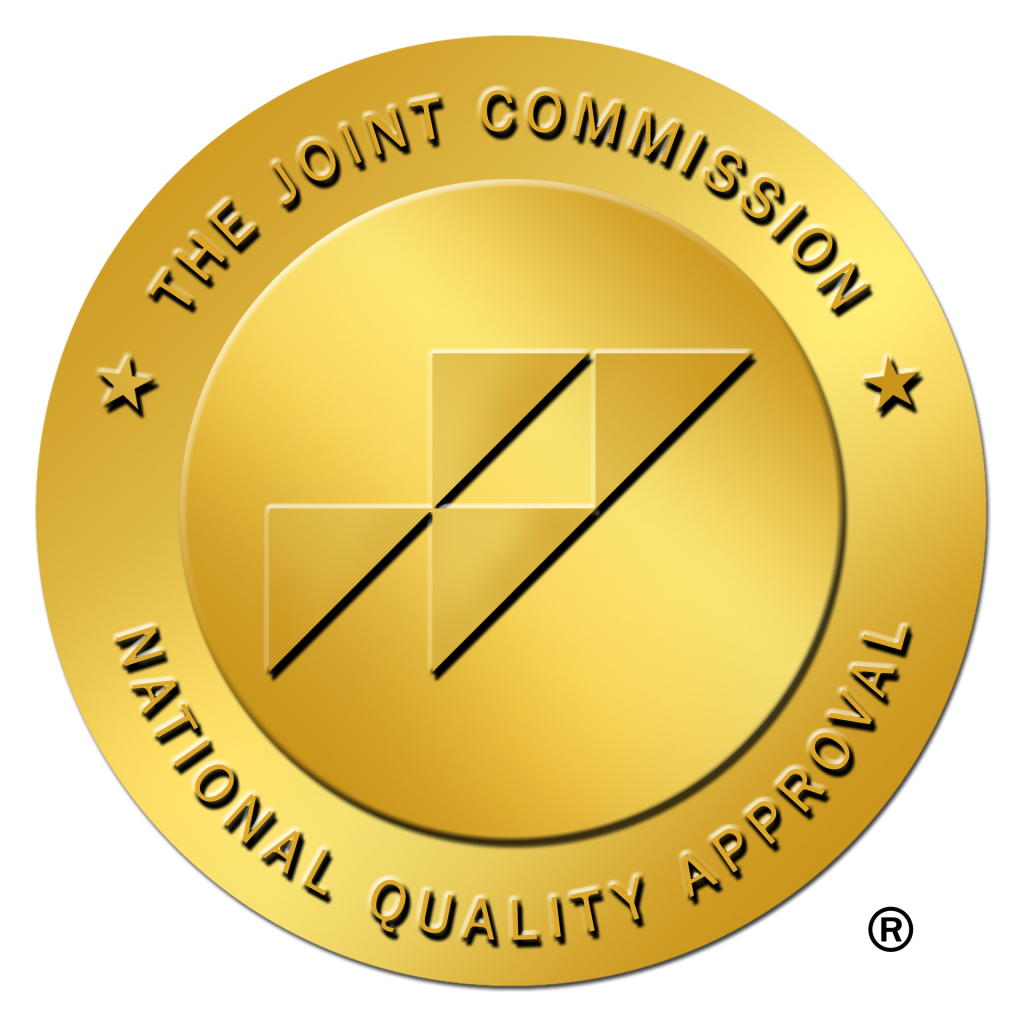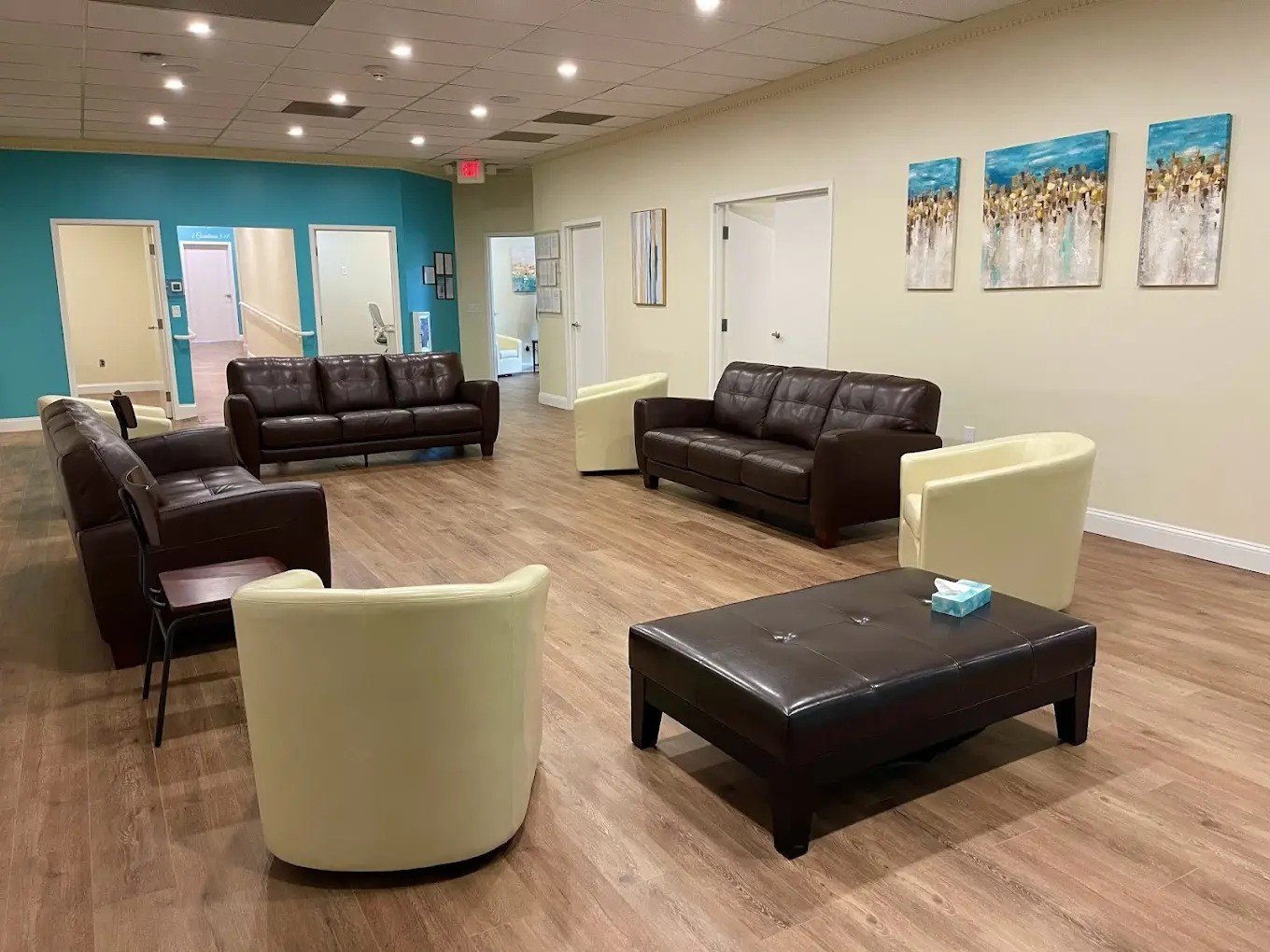Depression And Addiction Treatment Nj
Depression and Addiction Treatment in NJ
In New Jersey, the journey towards recovery from depression and addiction requires an intricate blend of patience, understanding, and support. Finding the right treatment option can be overwhelming, but understanding the available resources is the first step towards healing. New Jersey offers diverse programs aimed at addressing both addiction and mental health challenges. These programs are designed to provide comprehensive care, tailored to the needs of each individual.
Options for Seeking Help
New Jersey is home to a variety of treatment centers that specialize in dual diagnosis, offering a combination of mental health and addiction treatment services. Facilities like New Chapter Recovery in Parsippany-Troy Hills are known for their evidence-based outpatient care, which includes Partial Hospitalization Programs (PHP) and Intensive Outpatient Programs (IOP). These programs provide flexible schedules to accommodate work and family life, making recovery more accessible for a broader range of individuals.
Role of Evidence-Based Treatments
When tackling depression and addiction treatment nj, evidence-based programs are pivotal. These treatments are grounded in scientific research and have been shown to effectively aid recovery. New Chapter Recovery stands out by integrating therapies such as Cognitive Behavioral Therapy (CBT), Dialectical Behavior Therapy (DBT), and Acceptance and Commitment Therapy (ACT). These approaches help individuals develop coping strategies, challenge destructive thought patterns, and commit to positive behavior changes.
- Cognitive Behavioral Therapy (CBT)
- Dialectical Behavior Therapy (DBT)
- Acceptance and Commitment Therapy (ACT)
Medication-Assisted Treatment and Dual Diagnosis
Medication-assisted treatment (MAT) plays a crucial role in managing addiction, particularly for substances like opioids and alcohol. MAT combines FDA-approved medications with counseling and behavioral therapies to treat substance use disorders holistically. New Chapter Recovery’s approach integrates dual diagnosis services to address underlying mental health conditions alongside addiction.
Addressing co-occurring disorders is essential for long-term recovery because untreated mental health issues can exacerbate addiction symptoms. The dual diagnosis model acknowledges the complexity of these intertwined conditions and offers a more comprehensive, personalized treatment plan.
Flexible Outpatient Options
Outpatient programs offer flexibility for those who cannot commit to residential treatment. New Chapter Recovery’s structured PHP and IOP cater to adults balancing busy lives, providing a continuum of care that supports staying connected to family and work responsibilities. These programs emphasize relapse prevention and equip individuals with the tools necessary to maintain long-term sobriety.
Flexible scheduling allows individuals to receive treatment without stepping away from daily obligations, which is important for maintaining the stability necessary for recovery.
Specialty Tracks and Therapeutic Modalities
Specialized treatment tracks are available to address unique needs and preferences. For example, New Chapter Recovery offers veteran-focused programs and faith-based recovery options. These tailored tracks are designed to resonate more deeply with individuals by integrating aspects of their identities and experiences into the treatment process.
Animal-assisted therapy is another innovative modality offered, providing emotional support and comfort through the therapeutic effects of animal interaction, which can be particularly beneficial in reducing anxiety and enhancing mood.
Holistic Treatment Approaches
Holistic approaches in depression and addiction treatment nj consider the whole person–mind, body, and spirit. Experiential therapies, including art and music therapy, help individuals express emotions and experiences that might be difficult to articulate in traditional talk therapy. These creative outlets can lead to breakthroughs in understanding personal triggers and healing past traumas.
Insurance and Accessibility
Navigating the logistics of treatment can be daunting, especially when it comes to insurance. New Chapter Recovery facilitates this process with an insurance verification team that expedites benefit checks. Their ability to quickly handle out-of-network and Tricare benefits ensures that financial concerns do not hinder access to care.
Community Support and Family Involvement
Recovery is a journey best taken with support, and involving family in the process can provide additional encouragement and accountability. Family therapy sessions at New Chapter Recovery foster open communication, helping families understand the complexities of addiction and mental health. This involvement can strengthen relationships and create a more supportive home environment.
Community reintegration is an integral part of the recovery process, which is why coordinated aftercare planning is emphasized. Ensuring that individuals have access to local support groups and resources is critical for maintaining progress after treatment concludes.
Measuring Success
The effectiveness of depression and addiction treatment nj is often gauged by measurable clinical outcomes. New Chapter Recovery prioritizes individualized goal setting to track progress and maintain motivation. By achieving small milestones, clients gain confidence in their ability to overcome larger challenges.
Through a combination of personal achievements and professional benchmarks, success in treatment is not just about sobriety but about improved quality of life and well-being.
What are the main treatment options available for individuals dealing with depression and addiction in New Jersey?
In New Jersey, individuals facing challenges with both depression and addiction have a variety of treatment options tailored to their needs. New Chapter Recovery offers a range of evidence-based outpatient care programs, including Partial Hospitalization Programs (PHP) and Intensive Outpatient Programs (IOP). These programs are designed to accommodate different schedules, making them accessible to working professionals and those with family obligations. The blend of therapies offered, such as Cognitive Behavioral Therapy (CBT) and Dialectical Behavior Therapy (DBT), provides a comprehensive approach to treatment. Furthermore, medication-assisted treatment is also available for those dealing with substance use disorders like alcohol and opioids. By integrating these different modalities, New Jersey treatment centers aim to address both the mental health aspects and the addiction in a holistic manner.
Why is dual diagnosis important in the treatment of depression and addiction, and what are some common misconceptions about it?
Dual diagnosis is crucial because it recognizes the interconnected nature of mental health disorders and substance use disorders. Often, untreated mental health issues can exacerbate addiction symptoms and vice versa. A common misconception is that these issues should be treated separately, but research shows that addressing them together leads to better outcomes. For instance, New Chapter Recovery’s integrated approach helps individuals by simultaneously targeting mental health conditions and addiction, leading to more sustainable recovery. Ignoring one part of the problem can lead to relapse or worsening of symptoms, so dual diagnosis is vital for comprehensive care. Have you ever wondered if treating one aspect of the disorder might be impacting other areas of recovery? This question is often at the core of why dual diagnosis approaches are preferred.
How do evidence-based treatments contribute to the efficacy of depression and addiction treatment?
Evidence-based treatments are those that have been scientifically tested and proven effective, providing a structured framework for recovery. At centers like New Chapter Recovery, therapies such as CBT, DBT, and Acceptance and Commitment Therapy (ACT) help individuals learn coping strategies and challenge negative thought patterns. By employing these proven methods, clients are equipped with tools to manage their symptoms and prevent relapse. It’s like having a roadmap with well-marked paths that guide you through difficult terrains. These therapies encourage clients to actively participate in their recovery process, which can significantly improve outcomes. Have you considered how actively participating in treatment could change your recovery journey?
What role does family involvement play in the treatment process for depression and addiction, and how can it benefit recovery?
Family involvement can be a pivotal element in the recovery process. At New Chapter Recovery, family therapy aims to foster communication and understanding within the family unit, helping family members better support their loved ones. This involvement can help mend relationships and build a supportive network, which is crucial during and after treatment. For someone struggling with depression and addiction, knowing that their family understands and supports their journey can be incredibly motivating. Furthermore, family members often learn about addiction’s complexities, making them more empathetic and equipped to deal with relapses or challenges. Can you recall a time when family support made a challenging situation more manageable? This illustrates the positive impact family involvement can have.
What are holistic treatment approaches, and why might they be effective for addressing depression and addiction?
Holistic approaches consider the individual’s mind, body, and spirit, offering a comprehensive treatment plan that goes beyond traditional therapies. At New Chapter Recovery, holistic treatments include experiential therapies like art and music therapy, which allow clients to express emotions in non-verbal ways. These therapies can lead to important breakthroughs in understanding personal triggers and healing. For example, someone might find that creating art helps them process emotions they’re unable to articulate in words. Holistic methods can be particularly beneficial for those who have not responded to conventional therapies. Have you ever tried expressing difficult emotions through a creative outlet? Sometimes, these alternative methods can unlock a path to healing that traditional methods might miss.
How does flexible outpatient care address the needs of working professionals or individuals with family obligations in the context of depression and addiction treatment?
Flexible outpatient care, such as the programs offered by New Chapter Recovery, allows individuals to engage in treatment without stepping away from their daily responsibilities. This model is ideal for working professionals or those with family obligations who cannot commit to residential treatment. With programs like PHP and IOP, participants can attend therapy sessions around their work or family schedules, ensuring they receive the support they need while maintaining important aspects of their lives. Imagine being able to attend a therapy session during a lunch break or after dropping your kids at school–it makes treatment far more accessible and less disruptive. This flexibility encourages more individuals to seek help who might otherwise avoid treatment due to scheduling conflicts. How might this kind of flexibility impact someone you know who needs treatment but feels they can’t fit it into their life?
Why is community support and aftercare planning essential in maintaining long-term recovery from depression and addiction?
Community support and aftercare planning are vital for sustaining long-term recovery. At New Chapter Recovery, these elements are carefully integrated into the treatment process. Aftercare planning ensures that clients have a structured transition from intensive therapy to everyday life, with access to local support groups and resources. Community support offers additional layers of accountability and encouragement, which can be instrumental in preventing relapse. Imagine if every step you took post-treatment was backed by a community ready to support you–this safety net can significantly bolster confidence and motivation. It’s like having a map and guides ready as you embark on the next stage of your journey. How might access to community resources change the trajectory of someone’s recovery from both addiction and depression?
How does insurance and accessibility impact the ability of individuals to receive treatment for depression and addiction in New Jersey?
Navigating the complexities of insurance can be daunting, but it is a critical component of accessing treatment. New Chapter Recovery assists clients by offering fast insurance verification and handling out-of-network and Tricare benefits. This support helps reduce financial barriers to treatment, ensuring more people can access the care they need. Without this assistance, individuals might find it challenging to finance their recovery journey. Consider the relief one might feel knowing that their treatment is covered and financial concerns won’t impede their progress. This accessibility can provide peace of mind, allowing clients to focus entirely on their recovery. Have you ever faced a situation where a bureaucratic hurdle delayed getting the help needed? Facilities that streamline this process significantly improve patient experiences.
Resources
- Substance Abuse and Mental Health Services Administration (SAMHSA) – SAMHSA is a government organization that leads public health efforts to advance the behavioral health of the nation. They provide resources and information on mental health and substance abuse treatment.
- National Alliance on Mental Illness (NAMI) – NAMI is a grassroots mental health organization dedicated to building better lives for those affected by mental illness. They offer support, education, and advocacy for individuals and families.
- American Psychiatric Association (APA) – The APA is a medical specialty society that works to ensure humane care and effective treatment for all individuals with mental illness. They provide resources for both psychiatrists and patients.
- National Alliance for Medicated-Assisted Recovery (NAMA Recovery) – NAMA Recovery is a patient advocacy organization that promotes quality care and treatment for opioid addiction. They offer resources for those seeking medication-assisted treatment.
- NAMI Blog: The Importance of Peer Support in Counseling – This blog post from NAMI discusses the role of peer support in mental health counseling and treatment. It highlights the benefits of connecting with others who have shared experiences.






